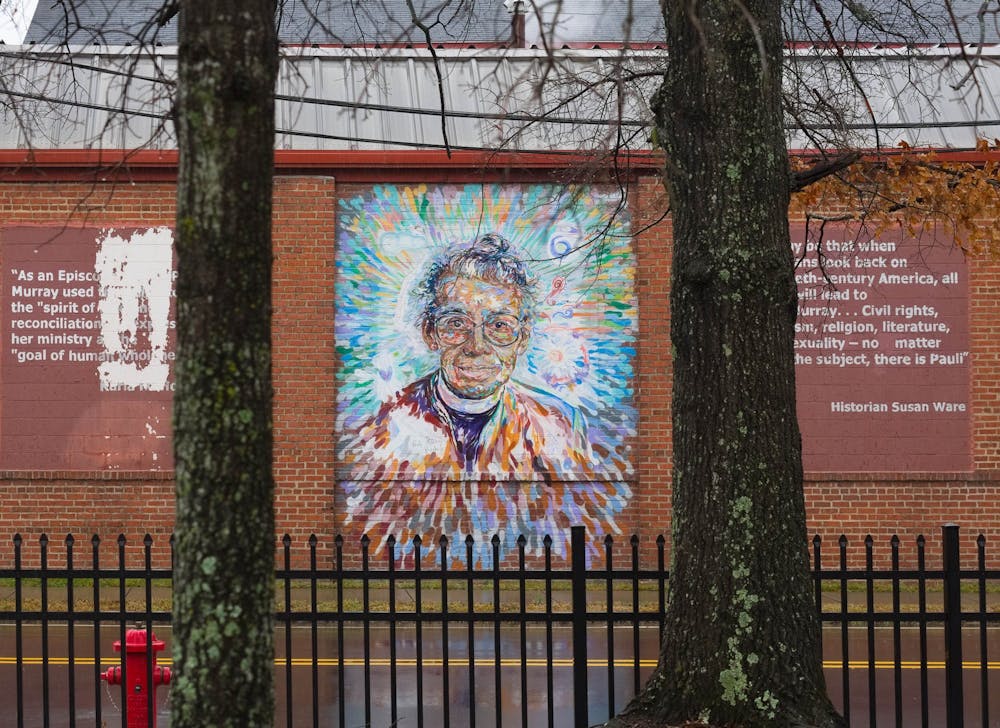It’s more than a little morbid to think about how I want people to remember me when I die, but I can’t avoid thinking about my legacy.
Legacies are a manifestation of every person, place, and thing that has ever entered and exited your life; I’m shaped by the people around me, and in turn, they’re shaped by me.
Right now, I find myself at the end of my freshman year at UNC, the legacy of America’s oldest public university has likewise become inseparable from mine. I now get to partake in its long history, and I’m incredibly thankful to be pursuing my passion for learning at this university.
However, scattered among the blooming flowers and verdant old-growth trees of the campus I’ve grown to love stand monuments to a legacy that I want no part in.
It’s easy to venerate the history that gives UNC the prestige, culture and resources that it’s become known for, but to embrace this history while ignoring the reality that many buildings and statues pay tribute to figures who perpetuated hateful ideologies is antithetical to the values of learning, collaboration and inclusivity that the university purports to champion.
UNC has taken action to remove tributes to figures who worked to perpetuate hateful ideas, primarily white supremacy, and replace them with the names of people who better embody the university’s values.
The recent renaming of the Henry Owl Building, McClinton Residence Hall, Ruffin Jr. Residence Hall and Student Stores all illustrate attempts to recenter the university’s legacy around people who strove to create a better world for everyone.
Despite these efforts, blemishes remain. In 2020, a petition was signed by the chairs of the history; sociology; political science; and peace, war, and defense programs to rename the site of their departments, Hamilton Hall, to Pauli Murray Hall. The building’s namesake, Joseph Grégoire de Roulhac Hamilton, contributed to the perpetuation of harmful ideology in his time at UNC, using his position as chair of the UNC history department to spread white supremacy.
Standing in stark contrast to the life of Hamilton is Pauli Murray, a trailblazing scholar who fully embodies UNC’s values. Murray spent their life overcoming the obstacles that Hamilton and others who shared his ideology had worked to perpetuate at institutions like UNC.



